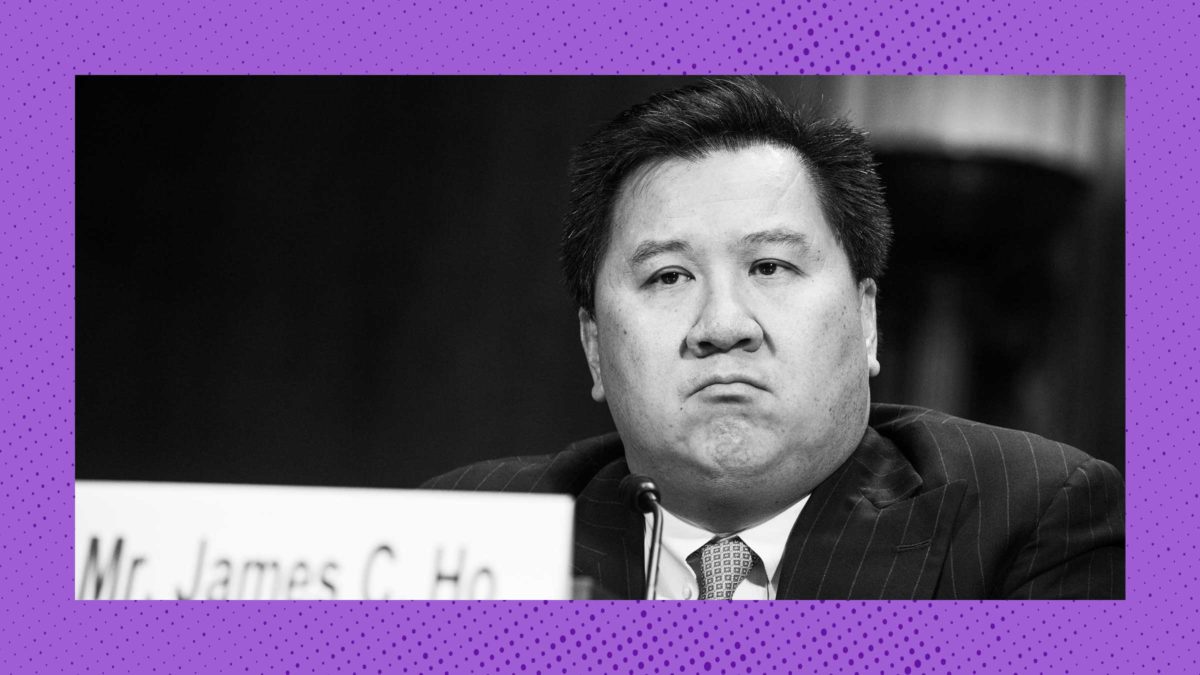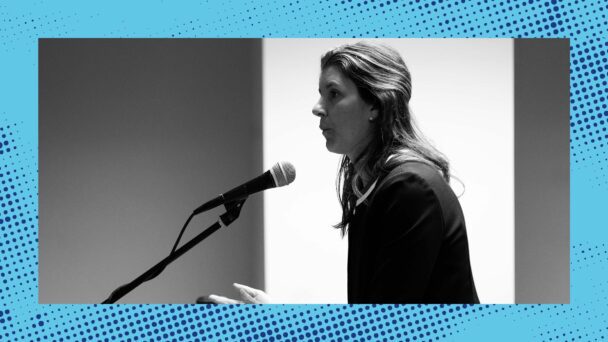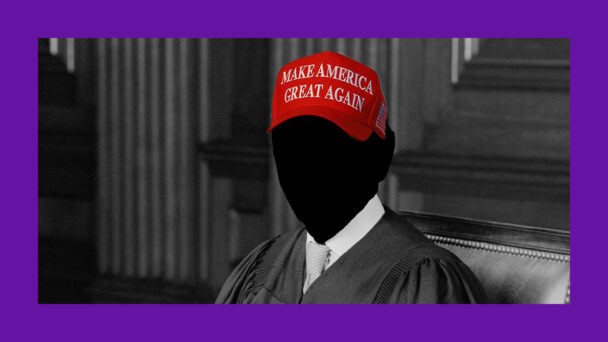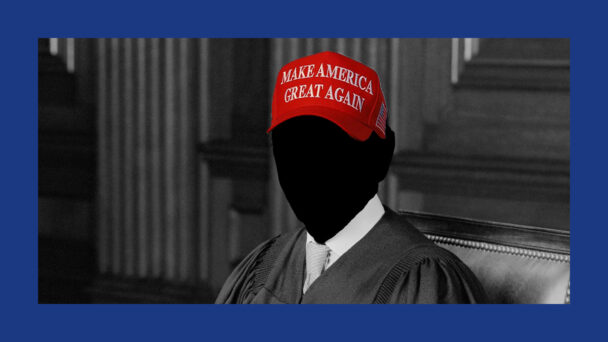Out of a large cast of very Trumpish judges, James Ho stands out for being one of the Trumpiest, issuing an ever-growing series of deranged continuances and dissents from his seat on the U.S. Court of Appeals for the Fifth Circuit. If you want a life-tenured federal judge who gives voice to every slipshod right-wing culture warrior trope of the last several years—cancel culture! the woke mob! rank transphobia!—Ho is your man. By contrast, his recent musings on what he calls “the right to earn a living” may sound a bit more innocuous, yet are no less dangerous.
Earlier this month, in Golden Glow v. Columbus, a three-judge panel of Fifth Circuit judges disposed of a lawsuit filed by a tanning salon owner against the City of Columbus, Missouri, over COVID-19 lockdowns that forced the business to temporarily close while places like churches, Walmarts, and liquor stores stayed open. In the opinion, Judge Edith Jones explained that the panel felt boxed in: Although “subsequent experience strongly suggests that draconian shutdowns were debatable measures” and “inflicted enormous economic damage,” she wrote, they were “constrained” to affirm.
But Ho wasn’t happy just signing onto a bog-standard Fifth Circuit case that grumbled about COVID-19 mitigation efforts. Instead, he had to write his own concurrence based on the premise that it’s time to start thinking about “the right to earn a living” as a constitutional right. In it, Ho complains that the Supreme Court’s approach to “unenumerated” rights, including the right to privacy, ”privileges a broad swath of non-economic human activities, while leaving economic activities out in the cold.” He also grumbles about government grants of monopolies, quoting James Madison, who referred to them as “justly classed among the greatest nuisances in government.” It’s clear from the legal scholars Ho relies on here that he’s not complaining about, say, Ticketmaster, but rather about government having the gall to regulate trades at all.
Ho’s concurrence barely tries to connect to the case he’s ostensibly writing about. Instead, it is a thinly-veiled call for the revival of the “freedom of contract,” which the Supreme Court tossed into the dustbin of history nearly a century ago. In 1905, in Lochner v. New York, the Court held that worker safety laws that limited bakers’ work hours ran afoul of their rights under the Fourteenth Amendment. (Ho writes in terms of the “right to earn a living,” but this is a distinction without a difference.) The logic of Lochner was ascendant until 1937, when the Court, in the midst of the Great Depression, changed its mind and upheld a minimum wage law, holding that economic regulations are generally permissible—a case that forms the legal foundation for basic workplace safety rules to this day. Ho and his ilk are not fans of unenumerated rights when it comes to, say, abortion, so it’s easiest to read this opinion as a particularly lazy troll job: If you love some unenumerated rights, he argues, you have to love his favorite one, too.
Ho builds his argument around a risible law review article by Eugene Kontorovich, who maintains obligatory affiliations with the Federalist Society and Scalia Law School. Kontorovich’s thesis is that the country didn’t do enough to protect “contractual relations” during the COVID-19 pandemic, complaining about the “rejection of economic rights as fundamental, followed by a recognition of unenumerated rights largely in the area of reproduction and sexuality.” Kontorovich even calls for “the ability to assert a mini-Lochner right” to push back against COVID-19 closure laws.
Kontorovich isn’t the only legal scholar Ho relies on: In a string cite worthy of a Liberty University 1L, Ho trots out a quartet of authors who push the proposition that economic freedom is the very best freedom of all. There’s libertarian superhero Timothy Sandefur, whose book The Right to Earn a Living critiques the “pro-government presumption first devised by the Progressives and finally written into American constitutional law by the New Deal Supreme Court.” There’s Vanderbilt historian James Ely, ruminating about how “the right to pursue callings and make contracts” has “better historical grounding than more recent claims of right that have found judicial favor.” There’s Scalia Law professor David Bernstein, praising a Texas court for “reconsidering decades of judicial deference to all manner of occupational regulations.” And there’s Steven Calabresi, co-founder of the Federalist Society, who is thrilled by the possibility of curtailing licensing requirements for a host of professions but not, in a wild coincidence, lawyers.
At root, Ho’s argument is that even in the midst of a pandemic that kills north of a million Americans, the government shouldn’t stop businesses from businessing, no matter who gets hurt in the process. Ho might be trolling a little, but the people whose work he’s citing are not; they are well-credentialed academics who pine for a time that was dangerous and terrible for poor people, working people, and anyone else without a cushy job at a libertarian think tank. James Ho is, as always, more than happy to help.
An earlier version of this post misspelled the last name of libertarian superhero Timothy Sandefur. We regret the error.




